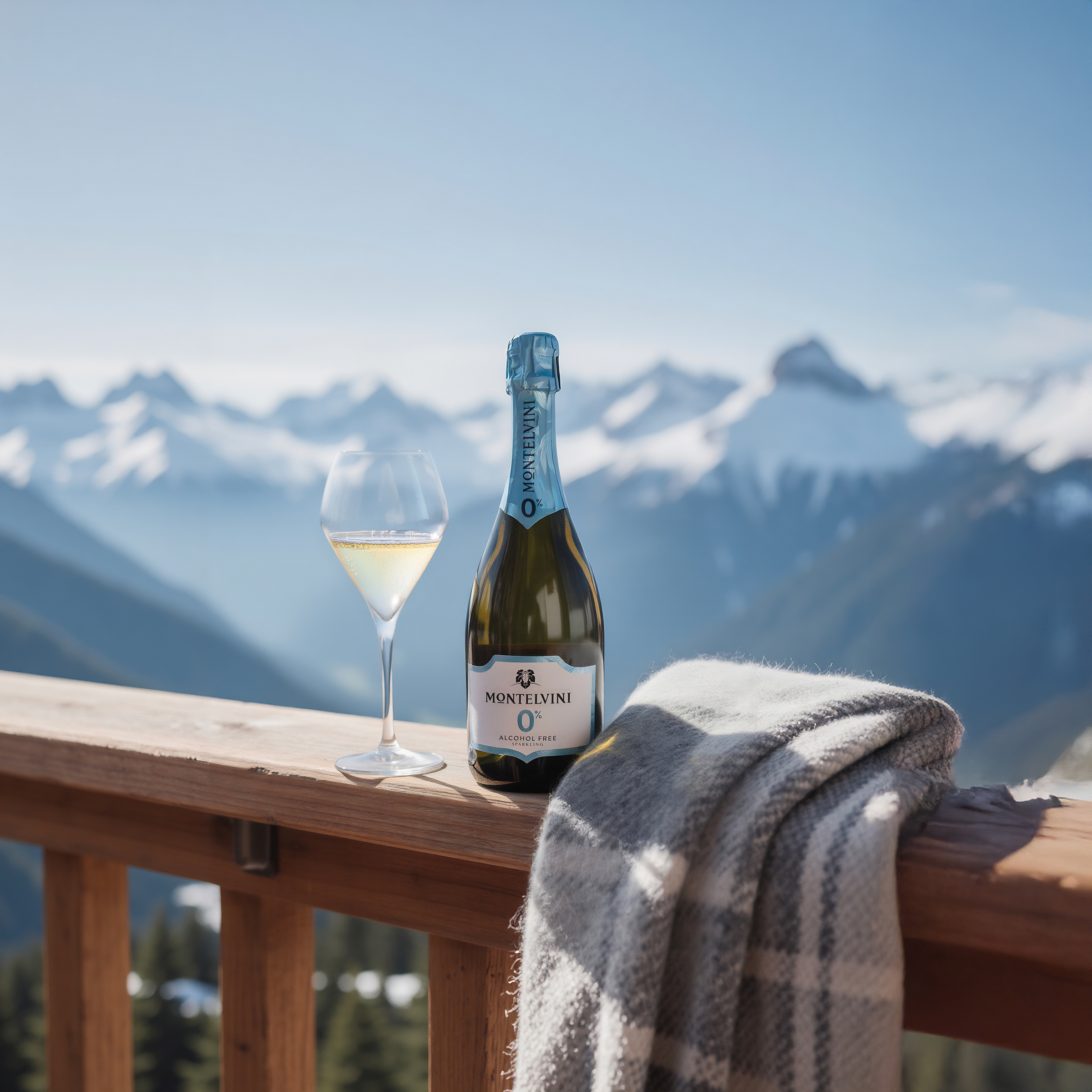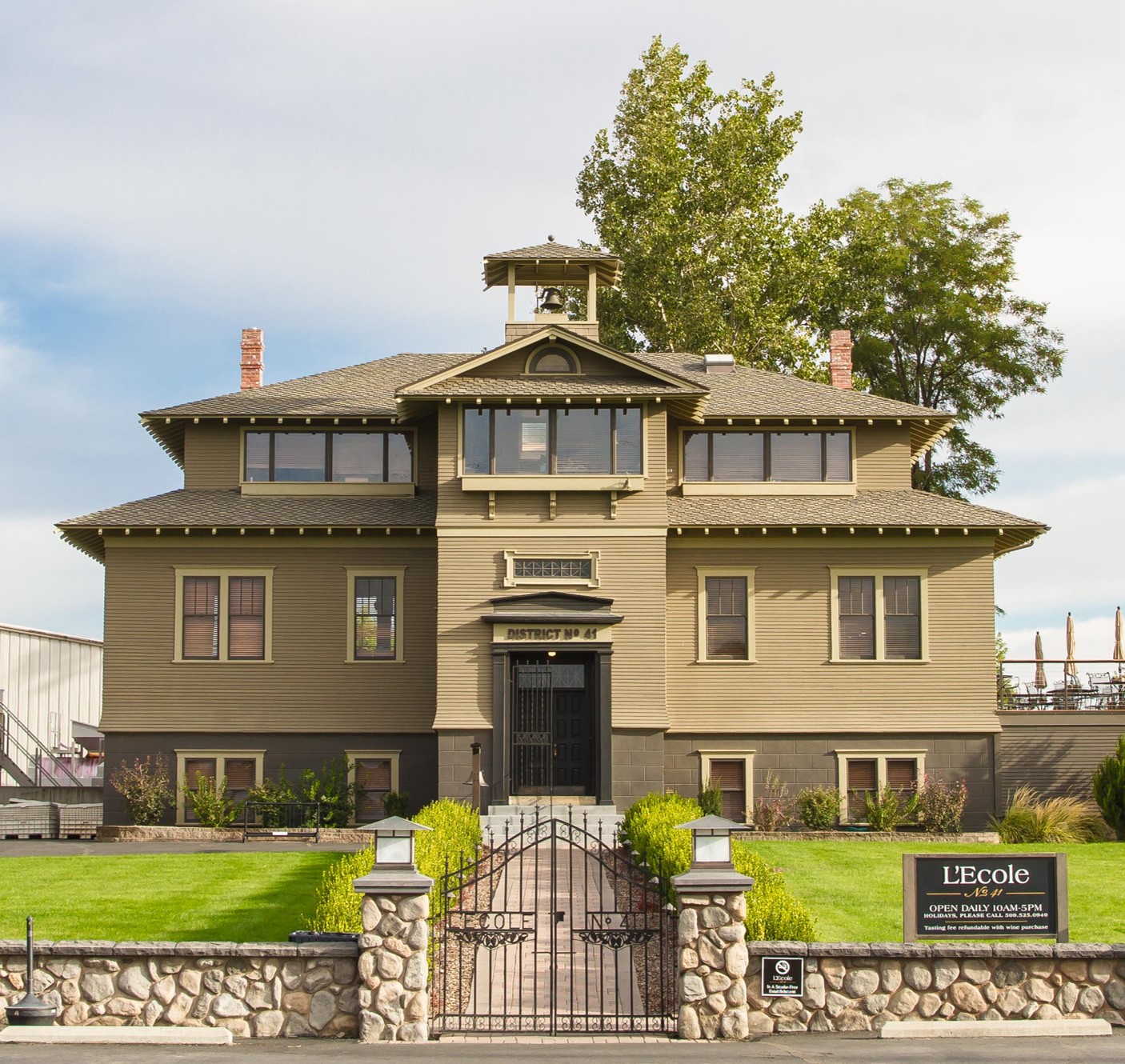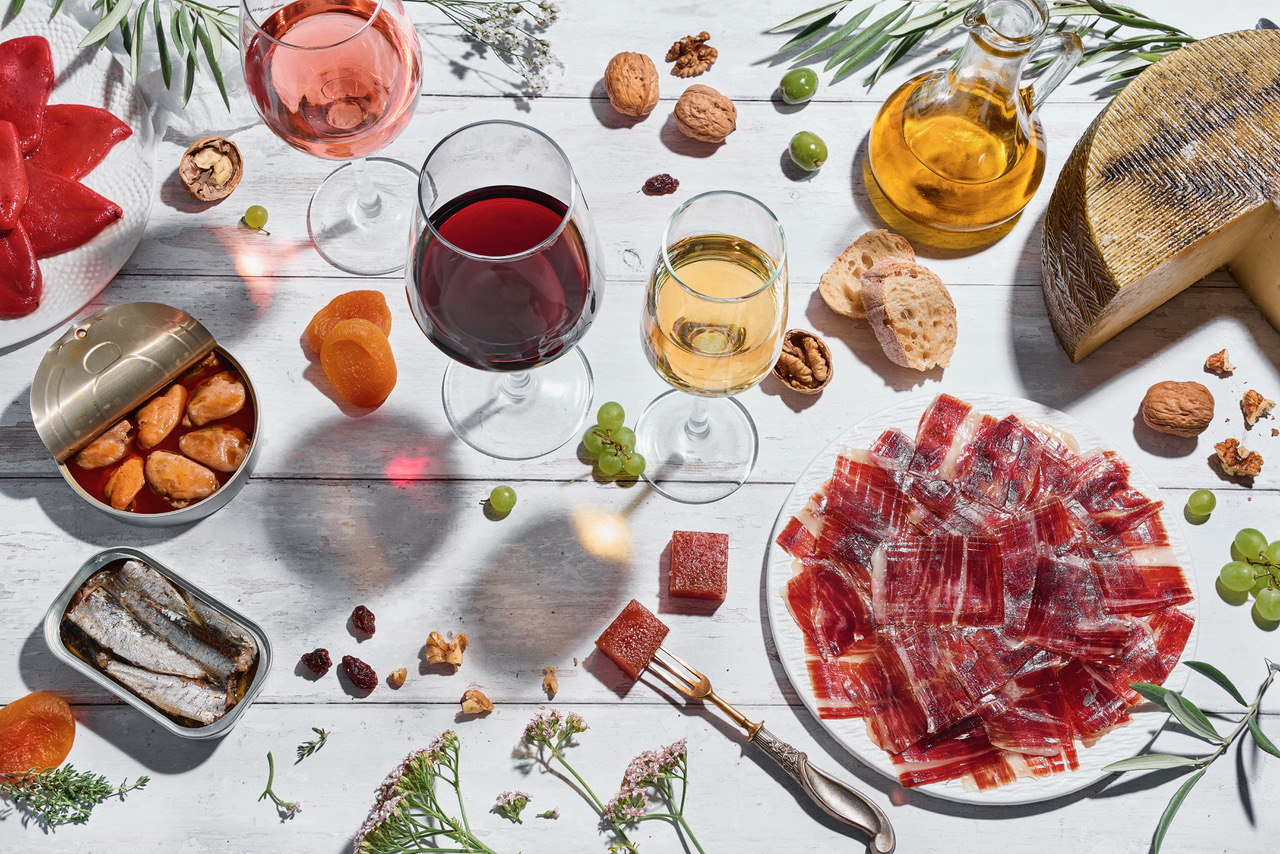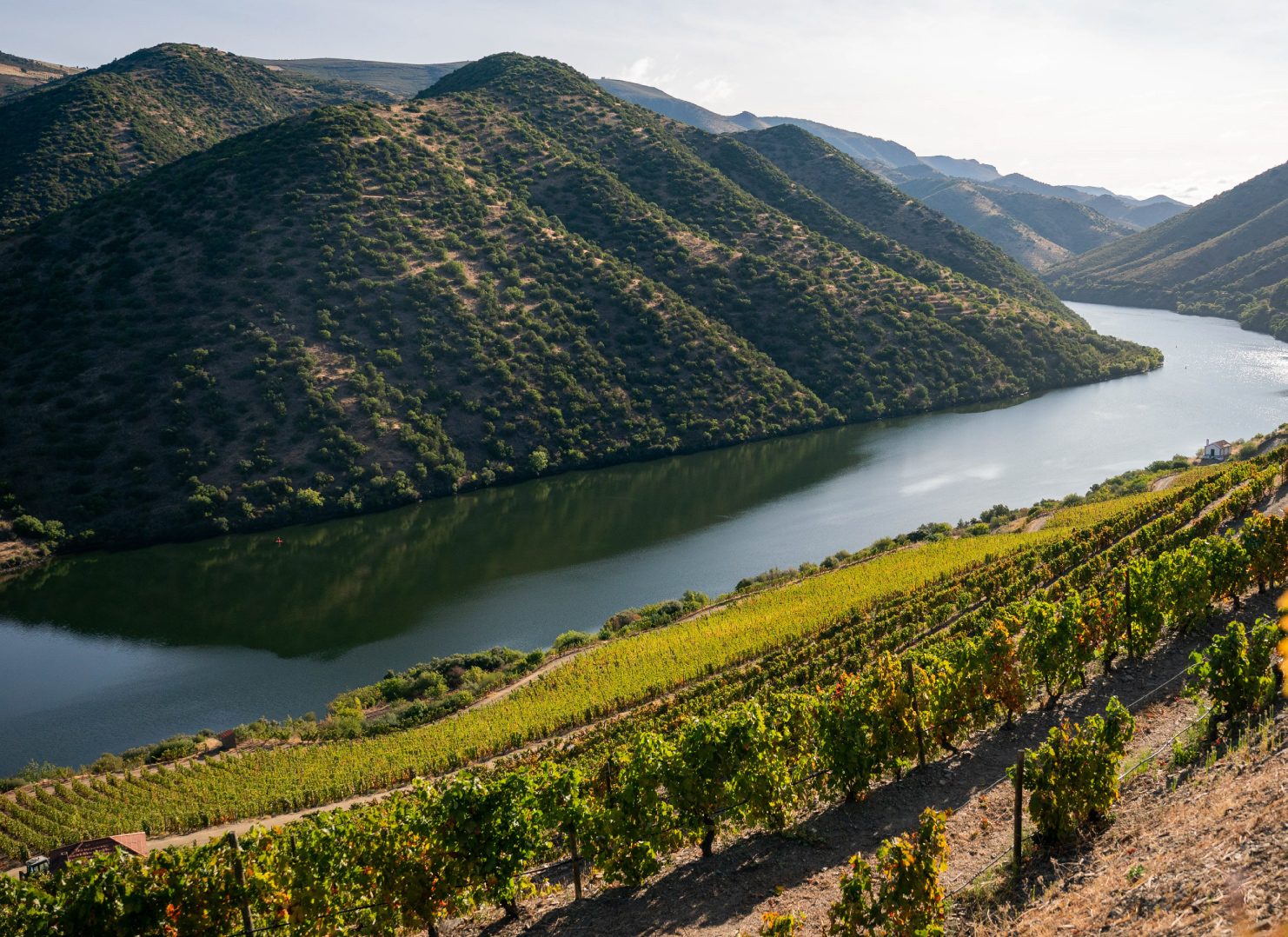Start-up to replicate Dom Pérignon – without grapes
A Californian start-up plans to replicate Dom Pérignon Champagne without using grapes, and sell the synthetic fizz for less than half the price of the real thing.
As previously reported by the drinks business, a San Francisco-based business has developed a method of making ‘wine’ without grapes that it claims is able to mimic the aroma and flavour profile of famous labels.
By combining flavour compounds and ethanol, the fledgling Ava Winery has said that it is able to turn “water into wine” in just 15 minutes, according to the New Scientist.
In making their synthetic wines, the Ava Winery uses scientific tools such as gas chromatography-mass spectrometry to identify flavour compounds within wine. These are artificially created and then mixed with ethanol to give the ‘wine’ an abv content.
Using these techniques, Ava’s founders – Mardonn Chua and Alec Lee – plan to release 499 bottles of replica Dom Pérignon this summer for US$50 a bottle, which is significantly less than the real thing: the famous prestige cuvée Champagne retails for $170 in the US.
“It’s absolutely going to be substantially cheaper,” Lee told New Scientist, pointing out that their approach cuts out the costs of growing and processing grapes, not forgetting ageing the finished wines.
However, the first replica ‘wine’ from Ava’s founders was described by themselves as a “monstrous concoction”.
Partner Content
And, it was only after six months of trials that the pair said they had perfected their first fizz, eventually producing an experimental synthetic ‘wine’ that mimics the taste of the sparkling Italian white Moscato d’Asti.
But, according to Lisa Grossman from the New Scientist, the replica sweet fizz tasted of “peach and plastic bag”.
Nevertheless, the publication points out that ‘wine’ wouldn’t be the first edible substance to be chemically mimicked.
Vanilla, which is the world’s second most expensive spice after saffron, can be replicated, with chemically synthesised vanillin costing just £10 per kg, compared to almost £160/kg for the real thing.
Meanwhile, the flavour of lemons too can be created without growing the fruit, by combining citric acid, sugar and carbonated water – although, like the replica ‘wine’, artificial lemon juice doesn’t taste as good as the real thing.





Interesting, but it does not appear to meet the legal definition of wine in the US which means that distribution will be hampered; even if it does taste passable. I’d like to see the wording on the label.